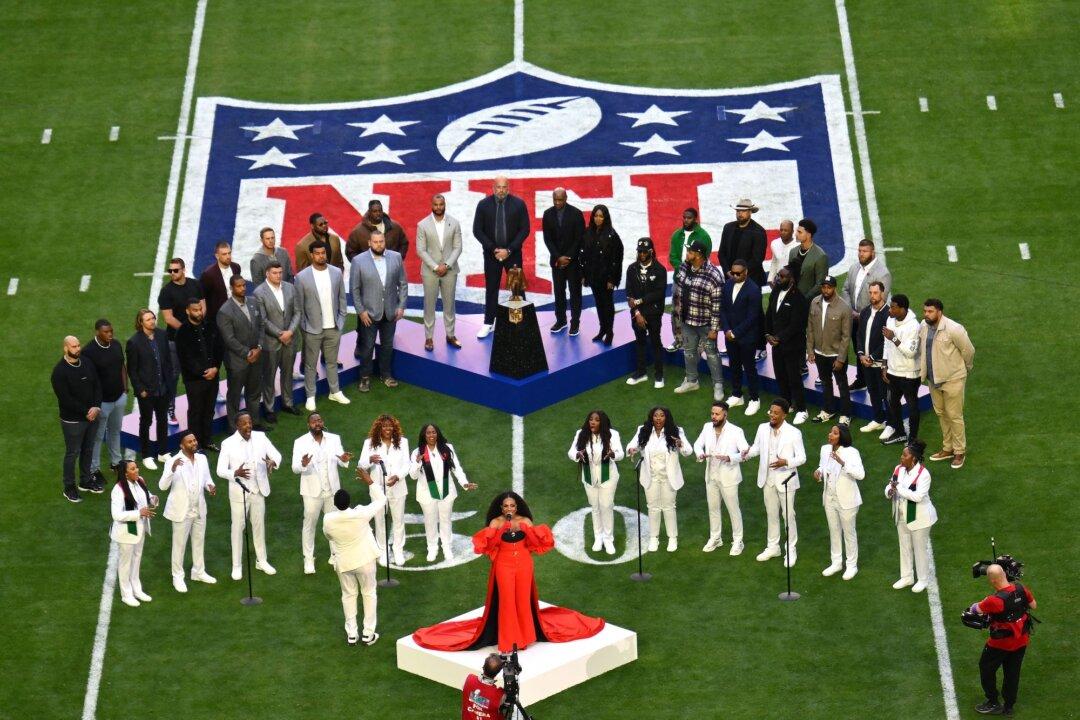Commentary
The NFL has announced that for the fourth year in a row, the so-called black national anthem, “Lift Every Voice and Sing,” will be performed at the Super Bowl.

The NFL has announced that for the fourth year in a row, the so-called black national anthem, “Lift Every Voice and Sing,” will be performed at the Super Bowl.